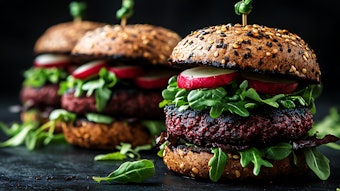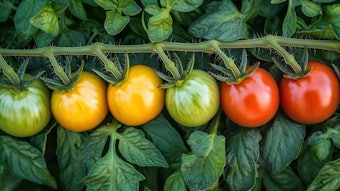Throughout this paper we will use the word perception in a broad sense. This means that we will not limit ourselves to a discussion of the way in which our senses function, but that we will try to include other factors like memory, emotion and language that all come into play when we have the common everyday experience of perceiving smells and tastes.
At the same time we will try to limit ourselves to those aspects of perception which, in our opinion, might be relevant to people interested in marketing and product development of foods and fragrances. In doing so, we will also stress the role which sensory analysis, the systematic study of human responses to foods and fragrances, can play to guide the development and improvement of products before they undergo their final market test.
Over the last twenty years our knowledge about the perception of odor and taste and its practical application in the fields of quality control and product development has grown rapidly, but there is still a lack of integration of the data. Before trying to give an overview of recent findings in the field of olfaction and taste, it is necessary to make three general observations about the perceptual process in the chemical senses:










